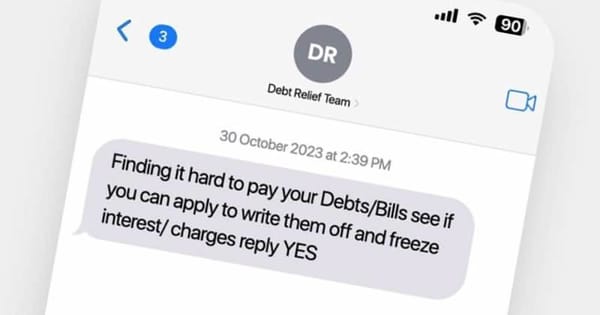Jury finds Google misled users on privacy setting, awards netizens $426 million

A federal jury found that Google deceived users about a key setting supposed to limit data collection and awarded $425.7 million in compensation to a class of 98 million people who turned the feature off but were still tracked.
The verdict came after a two‑week trial in the U.S. District Court for the Northern District of California.
At the heart of the case was Google’s Web & App Activity control. Plaintiffs said Google told users that switching it off would stop the company from collecting data about their activity across third‑party apps.
The jury concluded that Google kept saving and copying that data anyway, violating California privacy law.
Activity signals
Plaintiffs also argued that Google continued to gather activity signals via an analytics backend used widely in mobile apps, creating what they called a dual collection system that contradicted users’ choices.
Jurors found the tech giant liable for invasion of privacy and intrusion upon seclusion under the California Constitution, but not for violating the state’s Computer Data Access and Fraud Act.
As reported by Bloomberg, the panel’s decision came well below the $31 billion plaintiffs sought but still ranks among the largest privacy awards against a major tech company.
U.S. District Judge Richard Seeborg previously certified a class of about 98 million users who had turned off Web & App Activity. Spread evenly among the plaintiffs, the award would work out to roughly $4 per person before appeals and any post‑trial adjustments.
Google plans to appeal
Plaintiffs’ lawyer David Boies said they were “very pleased” with the verdict.
Google spokesperson José Castañeda said the company would appeal, arguing the decision “misunderstands how our products work.” He insisted that Google honors users’ choices when they turn off personalization.
A juror told lawyers after the verdict that Google’s consent language should be “more obvious,” adding many users are “skimmers, not readers.”
The ruling adds to mounting scrutiny of Big Tech’s privacy claims. In recent years, Google has paid hundreds of millions to settle separate location‑tracking allegations brought by U.S. states and agreed to delete data in litigation over Chrome’s Incognito mode.
You may also want to read:
Patch Your Web Browser! New Security Flaw in Chrome Exploited by Hackers
Digital Minimalism for Maximum Safety: Five Easy Steps to Shrink Your Online Footprint
Every Click Leaves a Mark: Understanding Your Digital Footprint and How to Protect It
tags
Author
Filip has 15 years of experience in technology journalism. In recent years, he has turned his focus to cybersecurity in his role as Information Security Analyst at Bitdefender.
View all postsRight now Top posts
Microsoft Is Done With Windows 10 but Bitdefender Will Keep You Safe Until October 2026
October 14, 2025
Recruitment Scam Alert: Fraudsters Impersonate Bitdefender in Fake Job Interviews
October 13, 2025
FOLLOW US ON SOCIAL MEDIA
You might also like
Bookmarks








